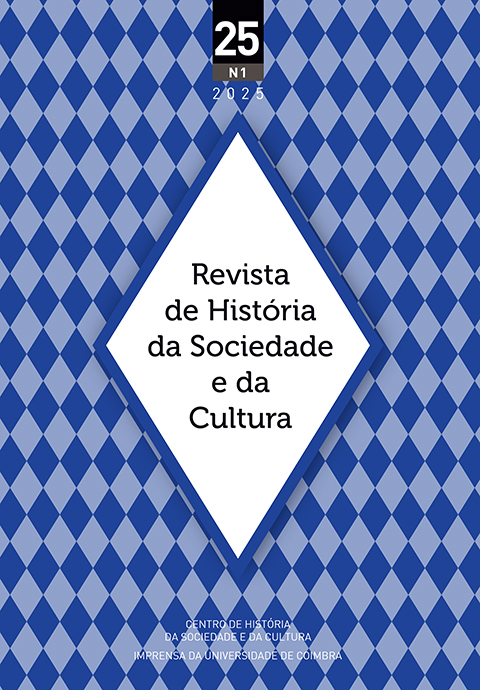A Road to The North: Italy, the Lombards and the Barbarians Between National Historiography, Archaeology and Policy
DOI:
https://doi.org/10.14195/1645-2259_25-1_3Keywords:
Lombard Italy, Italian national discourse, history, archaeologyAbstract
For a long time, Italian academic tradition viewed the cultural and historical interpretation of the Lombards as simple and uniform, shaped largely by the 19th-century author Alessandro Manzoni, a key cultural figure and author of The Betrothed. In his view, modern Italians were seen as direct descendants of the Romans, periodically reemerging during defining national epochs like the Renaissance and the Risorgimento. Within this framework, the Lombards were dismissed as just another group of foreign invaders. This perspective has significantly shifted in recent decades. Following the decline of Italy’s ‘First Republic’, the rise of regional political movements, and the development of the European Union, the Lombards have been reinterpreted in more complex ways: in some cases, being viewed as regional ancestors supporting new territorial identities; in others, as early contributors to a pan-European identity. These reinterpretations parallel earlier local-national tensions after Italy’s unification in 1861. Archaeological discoveries have further supported these revised views.
Downloads
Downloads
Published
Issue
Section
License
Copyright (c) 2025 Revista de História da Sociedade e da Cultura

This work is licensed under a Creative Commons Attribution 4.0 International License.
Authors retain copyright and grant the journal right of first publication with the work simultaneously licensed under a Creative Commons Attribution License that allows sharing the work with recognition of authorship and initial publication in Antropologia Portuguesa journal.











